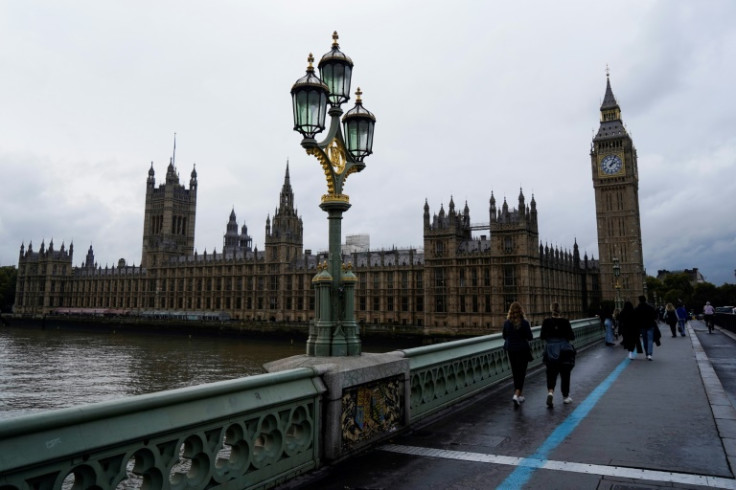Recent Trends That Have Reshaped the Landscape of Global Politics
Exploring the transformative impact of emerging trends on the intricate fabric of global politics in recent times.

Global politics is a constantly shifting landscape, with numerous factors contributing to different trends and novel developments. While this has always been the case, developments over the past two decades have accelerated the rate of change beyond belief.
New technology, like smartphones and social media, has given the general public far more access to information centres and social spaces than ever before, greatly enhancing the ability for trends to spread worldwide at breakneck speeds.
Elsewhere, the prevalent global order established over the last few decades of the 20th century has started to evolve, with new players entering the fray – most notably, China. So-called developing nations have turned into economic powerhouses, evolving everything from supply chains to popular culture.
We also have the rise of green technology and the impending necessity to cut carbon emissions to contend with, alongside rising migration numbers and refugees fleeing conflict. Keep reading for a comprehensive breakdown of recent trends that have reshaped the landscape of global politics.
Social Media
Social media is arguably the most impactful 21st-century development, completely changing the way we interact with each other on a daily basis. Platforms like Facebook, Twitter, Instagram and, increasingly, TikTok are also changing the way people think about politics. The spread of information has been accelerated by viral culture, which can be both good and bad.
On the one hand, viral social media can ensure that far more people know about certain things than they would have before. However, on the other hand, it has the capacity to easily spread false information.
These platforms have also intensified the trend of trying to predict politics and future leaders. Nowadays, betting sites are increasingly putting odds on various political events, buoyed by the newfound focus on what's going on around the world. People can bet on leading candidates and other global political events with increasing precision, with odds offered in various scenarios. Wind back the clock a decade or so and this wouldn't have been possible, proving how things are changing.
Inflation
It's no secret that economics can have a very significant effect on political shifts. This has been an ever-present fixture since the beginning of civilization but the impact of things like inflation is much larger in the present day. Recent news that UK annual inflation dropped under eight per cent shows how difficult it has been to combat recently, with various global events pushing the percentage higher and higher.
Inflation is a trend that can reshape various political aspects on all levels. Public services can struggle to stay afloat as things like fuel or vital infrastructure get more expensive, while the voting population is likely to get more nervous and angrier about their future prospects. Together, these two things can accelerate political shifts and ideologies, changing the face of governments worldwide.
Migration and Refugees
Increased levels of migration and refugees have played a massive part in shifting political attitudes, especially in Europe and the US. Unfortunately, misdirected public angst about refugees and migrants has allowed dictators and nationalist regimes to gain supporters. It has also resulted in miscalculated political decisions, leading certain countries to cut themselves off from economic and cultural networks.
The refugee crisis is a particularly prescient example of how global trends can manifest out of conflict and increasingly authoritarian regimes. While there are still numerous organisations and individuals doing crucial work to help these people, it can too often be turned into a political weapon. This fuels potentially harmful ideologies that have already led to displacement and dangerous xenophobia.
Green Technology
Green technology and the renewable energy industries will be one of the most significant drivers towards political change over the next few decades. The statistics speak for themselves, with experts expecting the market size to expand to a massive $417 million level by 2030. To put things into perspective, the current market size is a little over $30 million, so the extent of this shift will be exceptionally large.
You cannot argue that this will be good for our wider health and that of the planet. However, understanding its impact on political trends is very important. For example, things like lithium batteries will spark a race between countries to see who can achieve the best technology and extract the most lithium from the ground. It is also likely that we will see political motives swayed more and more by statistics like carbon emissions and renewable energy generation.
© Copyright IBTimes 2025. All rights reserved.





















